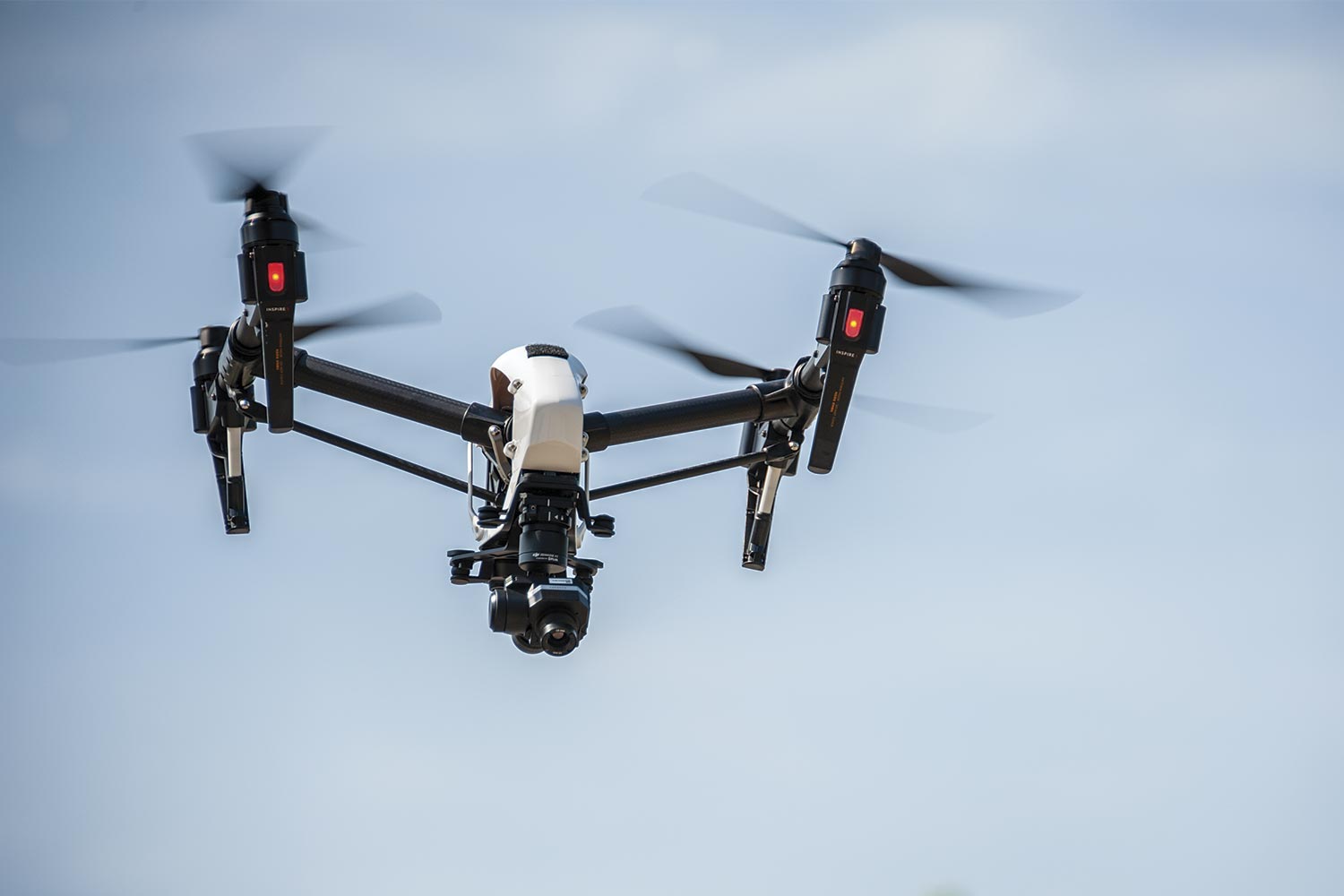Medical Amnesty
In 2015, the Kentucky General Assembly enacted a law that provides immunity to individuals who have overdosed on a controlled substance. KRS 218A.133 provides that if medical assistance for an overdose is requested from appropriate emergency responders or medical providers, the caller or the subject in distress shall be immune from prosecution for the drug possession and related paraphernalia charges. Third-party callers are required to stay with the individual until medical care arrives.
This concept is based on an existing statute, KRS 244.992, which provides medical amnesty for persons reporting an alcohol overdose. KRS 244.992 is much more detailed. It ensures that if law enforcement has contact with an individual who is in medical distress due to overindulgence in an alcoholic beverage, and the individual is under the age of 21, the person is immune from prosecution under several alcoholic beverage-related statutes. That immunity also extends to a third party making an emergency call, so long as they are cooperative with officers and stay on the scene. This amnesty is intended to prevent a situation where someone abandons a person in distress at a hospital because of fear of prosecution due to their underage status.
KRS 218A.133 creates legal immunity wherein an individual has committed an illegal act, but due to specific circumstances, he or she is protected from prosecution for that act. As in all immunities, it is incumbent on the person claiming the immunity – the defendant – to argue that the situation deserves that degree of protection. Unlike a legal defense, which allows the person to be arrested and then requires the defendant to prove the defense, KRS 218A.133 may be used to block prosecution completely.
“Medical amnesty is intended to ensure that friends and family will not hesitate to call for help for a loved one, even when it is recognized that the person in need has committed a crime by using illegal substances.”
However, KRS 218A.133 is not the end of the matter. Since 2015, several cases have been handed down in Kentucky that provide some clarity.
First, in the case of Pomeroy v. Com., 509 S.W.3d 721 (Ky. App. 2016), the Court of Appeals addressed the issue of retroactive application of KRS 218A.133. The underlying facts in the case occurred before the statute was enacted, and was still being litigated when the new law took effect. The Court described the situation as a “true immunity” rather than a legal defense, in that it bars prosecution completely. As such, the Court held that it could, and should, be retroactive and found in Pomeroy’s favor.
In Com. v. Kenley, 516 S.W. 3d 362 (Ky. 2017), Kenley overdosed while incarcerated in the Fayette County Detention Center. The situation occurred before KRS 218A.133 was enacted. Fellow inmates summoned jail staff, who provided aid and transported her for medical treatment. Fentanyl was found in her possession. Kenley was charged for promoting contraband, not for a specific drug offense. She moved to have the charges dismissed, citing KRS 218A.133. However, the Kentucky Supreme Court determined that the statute permitted the charge, which allows prosecution for crimes outside KRS 218A and promoting contraband. The Kentucky Supreme Court further noted that providing Kenley immunity does not “further the public policy of helping to rehabilitate drug users.” She had increased the danger to others incarcerated with her, as well as the jail personnel. As the lower court had agreed to the immunity, the Kentucky Supreme Court reinstated her charges and remanded the case.
In the case of Allen v. Com., 2018 WL, 4523207 (Ky. 2018), officers were called to a home in response to an out-of-state third-party caller who contacted emergency dispatch to report that his friend in Lexington may have overdosed on Xanax during a telephone call. Allen’s husband answered the door but refused to allow the officers inside.
Officers entered anyway and found Allen, who claimed to have fallen – but refused treatment. They also saw controlled substances in plain view. The Allens were arrested and claimed immunity under KRS 218A.133. The Court held that three elements needed to be satisfied before immunity could be provided. The first requires someone seeking medical aid in good faith for an apparent medical need, and the court held that the out-of-state caller did meet that standard. Second, the caller must stay with the subject, which was impossible in this case. Finally, law enforcement must gain evidence while responding to the call, which the officers did. The Court determined that immunity under KRS 218A.133 was not available because the second element was not met.
Most recently, in Wilson v. Com., 2019 WL 3059968 (Ky. App. 2019), a Lexington resident called the police because an unknown vehicle was in her driveway running with the occupants slumped over and non-responsive. An officer also unsuccessfully attempted to rouse the two women inside. From what the officer could see, she suspected a drug overdose. Wilson came back to semi-consciousness and declined medical aid. She was then arrested. While Wilson argued that the medical exemption should prevent charges, the Kentucky Court of Appeals disagreed because the police were not summoned to a drug overdose, but called by an unrelated third party to an unknown situation.
Medical amnesty is intended to ensure that friends and family will not hesitate to call for help for a loved one, even when it is recognized that the person in need has committed a crime by using illegal substances.
By protecting both the subject in need and the caller, it helps to ensure that medical responders have a better idea as to what has occurred. Although KRS 218A.133 has only been in existence for a few years, it has saved lives. Officers should scrutinize each situation and, if necessary, confer with prosecutors before taking action to decide whether the immunity applies or if criminal charges are appropriate under the specific circumstance.





